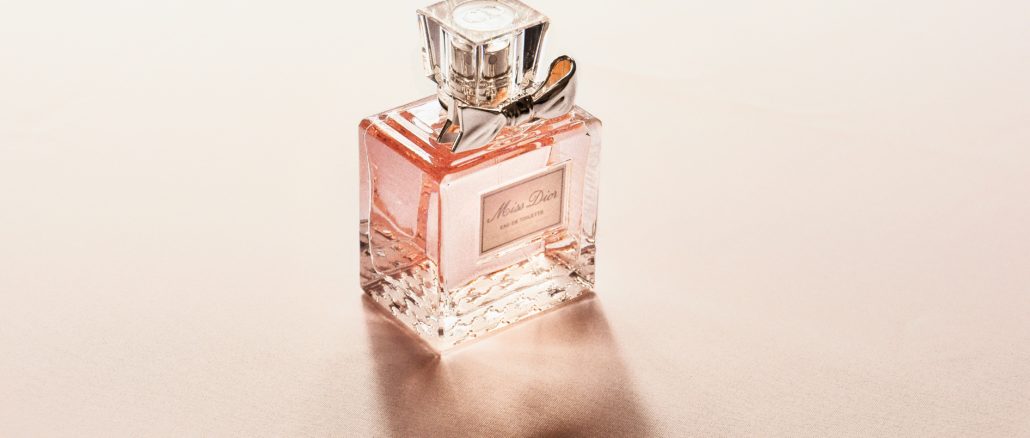
Those of us who wear perfume, especially to work, may be surprised to know our harmless fragrance can actually make some people very ill.
So says ABC journalist Clair Pain in a special ABC Health and Wellbeing article, adding that if you go to any workplace, chances are there will be at least one person who’s a little heavy-handed with the perfume.
These, she says, are the people you can smell long before you actually see them.
The article continued: Some of us won’t mind their scent and will have no trouble sitting next to them in a meeting. Others will find their fragrance overpowering, but feel fine once they get some ‘fresh air’.
But a small proportion of people may leave the meeting feeling unwell, and in some cases, so ill they will need to head home to bed.
For these people, exposure to some of the chemicals in fragrances can cause asthma, skin rashes, hay fever, migraine, nausea and a range of other unpleasant symptoms.
A small number of them become so distressed by perfumes and other chemicals in our environment that they cut themselves off from the rest of us.
In one online survey of more than 1,000 Australians, more than a third reported health problems — such as migraine headaches and asthma attacks — when exposed to fragranced products. Nearly 8 per cent of the respondents said they had lost workdays or a job because of fragranced product exposure in the workplace.
The contents of perfumes are regulated less strictly than our foods and pharmaceuticals, and manufacturers are permitted to put the words “fragrance” or “parfum” on a list of ingredients, rather than naming the chemicals that produce the scent.
Strong smells are one of the more common triggers for asthma, Asthma Australia CEO Michele Goldman said.
“That includes things like perfumes, paints and cleaning materials and also particulates found in aerosol sprays such as deodorants, hair sprays and air fresheners,” she said.
While you may be able to do this easily enough at home, it becomes more difficult once you walk out the front door. Things can get really tricky when you’re working with someone who’s a little heavy-handed with their favourite scent.
You can approach your colleague directly, but if this doesn’t work, each state and territory has a body overseeing workplace health and safety, which offers this advice:
If raising the issue with your colleague doesn’t work, speak to your supervisor or employer. If the perfume causes migraines or asthma, this is a risk to health and safety the employer must manage under health and safety legislation.
Solutions can include minor alterations to the work environment such as separating staff, personal ventilation systems to suit the affected person; flexible working arrangements; using alternative chemicals; restricting the use of fragrances more generally.
Workplaces can develop “no-scent” policies in consultation with their staff, provide information sessions to their staff, make sure the workplace has adequate air quality, and change to fragrance-free cleaning and deodorising products.
SheSociety is a site for the women of Australia to share our stories, our experiences, shared learnings and opportunities to connect.

Leave a Reply